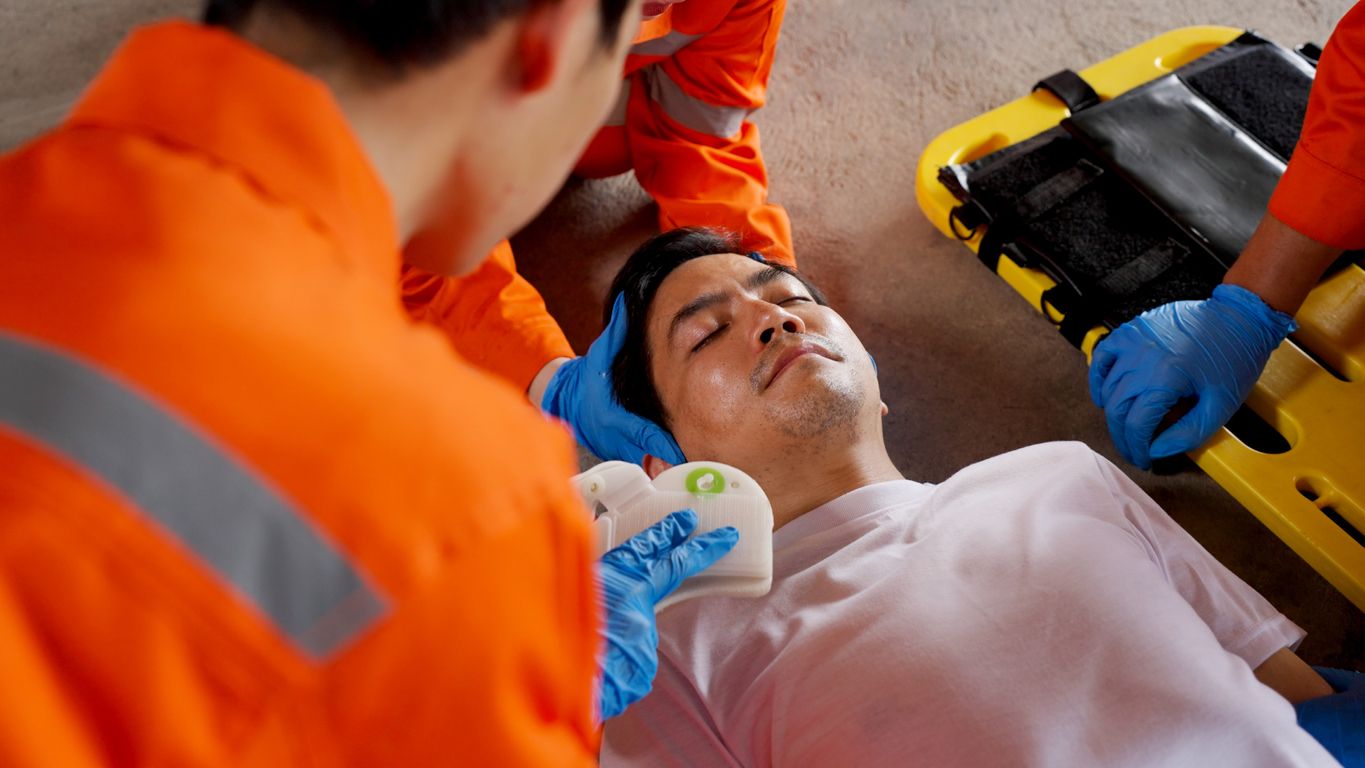Improving screening in underrepresented groups for genetic condition with heart complications
Researchers from across BHP are collaborating with community groups and Amicus Therapeutics to improve screening and diagnosis of Fabry disease, a rare and inherited condition where complications affect the heart muscle, and can lead to premature death.
Through the project, the team – from University Hospitals Birmingham NHS Foundation Trust and the University of Birmingham – has begun to build advisory groups in collaboration with community leaders, healthcare professionals and patients from black, South Asian and other minority ethnic groups. These advisory groups will support researchers to understand patient perspectives on possible barriers to diagnosis, as well as possible approaches to breaking down these barriers. Once further funding is secured, these approaches will be trialled locally in Birmingham, a super-diverse city.
The incidence rate of Fabry disease in the general population is reportedly around 1 in 100,000, although this is likely an underestimate of its true prevalence. Although Fabry disease is very rare, as a genetic condition, patient’s family members have a higher likelihood of the disease that the wider population. Therefore, family screening and mapping is an important tool to identify more cases.
Identifying Fabry disease is important, since the earlier that a patient is diagnosed the better the prognosis for treatment. There are several therapies available, including enzyme replacement and methods to make the faulty enzyme that causes Fabry disease work better, all of which are more effective if started earlier. Without treatment, patients may develop significant cardiac, renal and cerebrovascular complications.
Project lead Richard Steeds, Honorary Professor of Cardiovascular Medicine and Deputy Director of Clinical Research within the Institute of Cardiovascular Sciences at the University of Birmingham and Consultant in Cardiovascular Imaging at University Hospitals Birmingham, explained: “Previous work has shown that Black, South Asian, and other minority ethnic groups, as well as patients from lower socioeconomic groups, are underrepresented in our clinic in Birmingham, despite it being a very diverse city. This knowledge helped us to identify a need for further research to understand and overcome specific barriers to family screening that are more prevalent within minority ethnic groups. If we can address these barriers, then we can support more people to benefit from beginning treatment for this rare condition sooner. Working with members of different community groups is essential to making this work.”
It is well established that minority ethnic groups face health inequalities from language barriers, lower health literacy and cultural difference that contribute to stigma and fear of discrimination that can impact on help seeking behaviours. These inequalities can lead to poorer health outcomes, so addressing them is vital.
Fabry disease can often take many years and several doctors’ appointments to diagnose because many of the symptoms are also attributed to more common causes. Family screening has the potential to help identify more cases sooner.
Some of this work has been funded through a collaboration project with Amicus Therapeutics.





